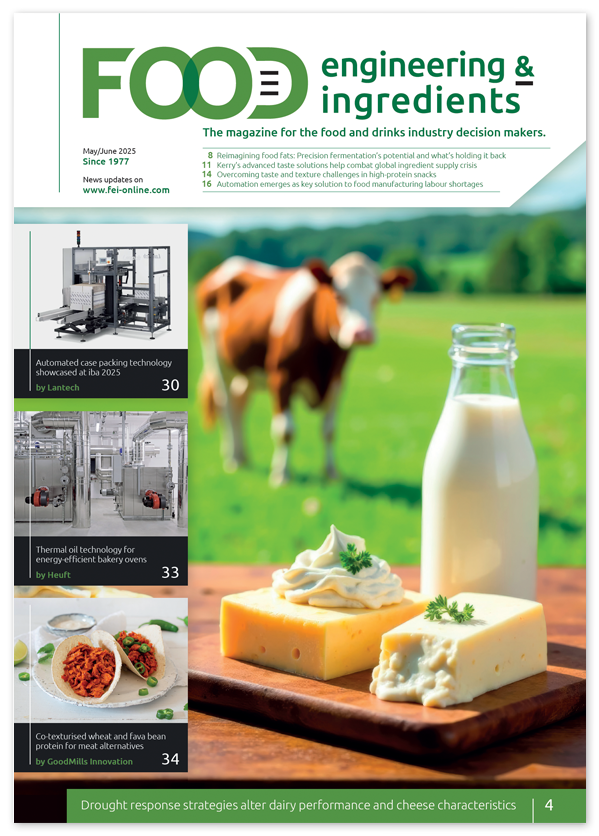New research findings could improve the biomanufacturing of vitamin B12
Vitamin B12 is an essential micronutrient which plays a role in supporting red blood cell production, energy, metabolism and nerve function, however it is neither made, nor required by plants.
With a record 560,000 people signing up to Veganuary 2021, this important nutrient is in demand and the global transition to low-meat diets means that biomanufacturing will need to increase. However, due to its complex molecular structure, it is currently not feasible to mass-produce via conventional chemical synthesis.
Instead, it is the only vitamin which is produced exclusively by bioproduction (culturing bacteria that naturally produce B12). This process remains inefficient and it continues to be expensive for many people who need it – particularly in developing nations. New research, by Dr Tessa Young, of the Department of Biosciences, Durham University, UK, published in Nature Communications, looked into ways of understanding and improving the biosynthesis of B12 by studying how enzymes obtain essential metals.
With cobalt a crucial metal in the B12 production process, Dr Young and the Durham team worked closely with Professor Martin Warren of the University of Kent and the Quadram Institute in Norwich, whose research group engineered E. Coli strains (which don’t normally make B12) to synthesise the vitamin.
During vitamin B12 biomanufacturing, the vital element, cobalt, is supplied by a metal delivery enzyme. However, ensuring that this enzyme is supplying enough of the right metal, and not becoming clogged-up with the wrong one, remains an obstacle when producing B12 on a large scale.
Prof Warren explained: “Understanding more about cobalt delivery not only helps improve the biosynthetic process but also means that the cobalt is used more efficiently, reducing environmental pollution.” To overcome the cobalt bottleneck, Dr Young and the Durham team created a ‘metalation calculator’ to understand and optimise cobalt supply for B12 to support the manufacture of this essential vitamin.
Dr Young explained: “By understanding the mechanism that distributes vital metals, it has become possible to produce a calculator which industrial biotechnologists can use to optimise their manufacturing reactions. “The calculator has been tested in the production of vitamin B12 and we hope to see it adopted by biotechnology manufacturers to help foster a more sustainable future.”
Senior author Professor Nigel Robinson, in the Department of Biosciences, Durham University, said: “About a half of life’s reactions are catalysed by metals including iron, copper, zinc, magnesium, manganese, nickel and cobalt.
“This paper describes the underlying mechanism that distributes these metals to the reaction centres inside living cells. Industrial Biotechnology manufactures compounds that society needs sustainably, by replacing processes that use fossil fuels with yeast, bacteria or the cells of other organisms as the alternative factories.”
The ability of the ‘metalation calculator’ to determine the metal requirements for producing B12 on a large scale shows great promise, not only for the manufacturing of this supplement but also in wider sustainable manufacturing processes using biotechnology.
“Our studies are not only investigating how B12 synthesis can be improved but at the same time they are looking at how we can reduce the levels of cobalt that are used in the process, since cobalt by itself is toxic” said Prof. Warren.
References
Calculating metalation in cells reveals CobW acquires CoII for vitamin B12 biosynthesis while related proteins prefer ZnII (Nature Communications). Doi: http://dx.doi.org/10.1038/s41467-021-21479-8


